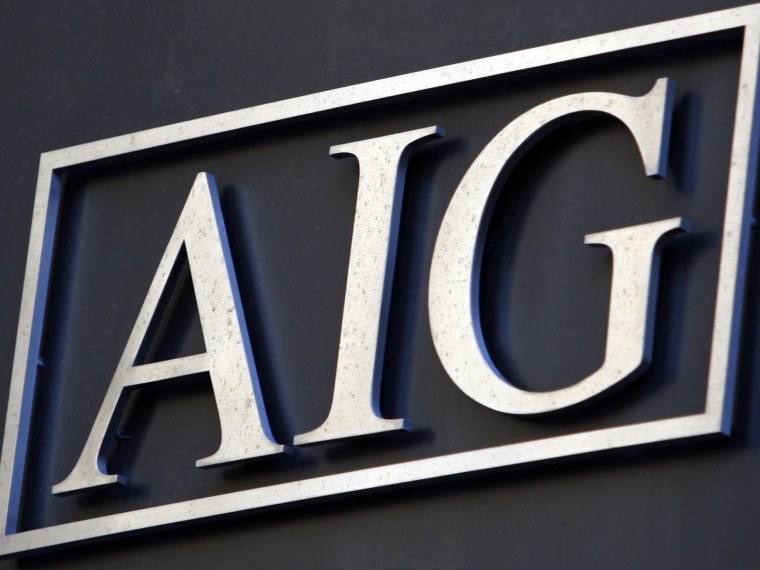As the economy crashed in late 2008, the American International Group -- better known by its initials, AIG -- was the beneficiary of a rather high-profile government bailout. At the time, the United States government did not, however, simply write the insurance giant a big check; there were some meaningful strings attached.
Sure, AIG would be the beneficiary of a $185 billion rescue, but the company would have to pay back the money with interest, and the government would take roughly 80% of AIG's stock. The insurance giant didn't like the terms. It also didn't have much of a choice.
By some measures, one is tempted to say all's well that ends well -- AIG took the deal and repaid the money. For our trouble, Americans, who no longer own any controlling stake in the company, made more than $20 billion in interest and profits. The entire bailout package is in our rear-view mirror.
There was, however, a small hitch. AIG's former chief executive Maurice Greenberg was so unhappy with the terms of the deal that rescued his company that he sued the government, seeking tens of billions of dollars in damages. The circumstances seemed almost comically absurd -- the company we saved sued us because of the way in which we saved it?
Actually, yes, that's precisely what happened. And in an interesting twist, AIG actually won in court yesterday. The
New York Times reported that the case that had generated "befuddlement and outright ridicule" turned out to be a success -- sort of.
On Monday, [Judge Thomas C. Wheeler of the United States Court of Federal Claims] handed down his decision -- a split judgment that in many ways agreed with both sides' main points of contention. Yes, he ruled, the Fed had indeed crossed the legal line by demanding a 79.9 percent equity stake in A.I.G. as a condition of the bailout in 2008. But at the same time, the government was also correct that A.I.G. shareholders had not been damaged; in fact, they had been saved from bankruptcy and certain doom. He declined to award any damages. In his 75-page opinion, Judge Wheeler found that the Fed's action indeed "constituted an illegal exaction under the Fifth Amendment" and that it "did not have the legal right to become the owner of A.I.G."
The fact that AIG won exactly nothing but a moral victory is a key takeaway here. The judge agreed that the conditions of the bailout were excessive, but the ruling also found that neither AIG nor its shareholders actually suffered as a result of the deal -- so there was no need for the government to pay damages.
So is this ... good news?
As is often the case in situations like these, neither legal team is happy. The
Washington Post's Steven Pearlstein had
a good summary of the reactions and what happens next.
The split decision will likely be appealed by both parties, likely all the way to the Supreme Court. The government will argue that Monday's decision by Judge Thomas Wheeler of the U.S. Court of Federal Claims would set a dangerous precedent that limits the ability of government to deal with future financial crises. Shareholders, led by former AIG chief executive Maurice "Hank" Greenberg, will claim that their right not to have 80 percent of their company seized by the government is meaningless if the government is not forced to pay a penalty for doing so.
In the meantime, Jon Stewart's description of the AIG case as "Lawsuits of the Rich and Shameless" will continue to ring true.
